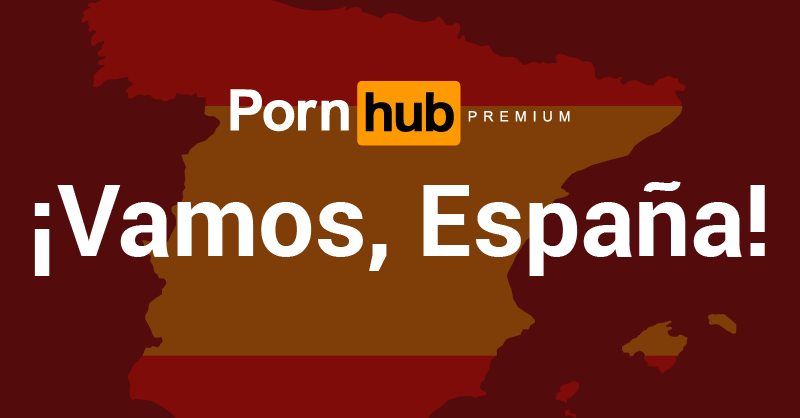SPAIN will soon pass sweeping legislation to limit minors’ access to internet pornography, as governments throughout Europe look to punish providers for failing to protect children.
Prime Minister Pedro Sanchez revealed in an interview with El Pais published Sunday, January 14 that his government’s nationwide plan will encompass three “axes,” with the ultimate goal of making Spain a global leader in protecting children from inappropriate online content.
“The data is devastating,” Sanchez told the newspaper.
“And this isn’t puritanism. This affects the development of our teenagers and the future behaviour they may have in issues as transcendental as equality.”
In a 2020 survey of 1,680 Spanish 13 – 17-year-old students by Save the Children, 68% reported having watched porn in the past month, while 53% reported having first encountered pornography before the age of 12.
And in England, research has estimated that 10% of children have watched pornography by the time they’re nine, and that by 18, as many as 79% have seen porn depicting violence.

According to Sanchez, the first part of the plan — which is being developed with the Data Protection Agency and the Spanish Royal Mint — will include a “comprehensive law” to protect minors on the internet.
The second part will include a “multidisciplinary strategy” to tackle the dangers of porn from an educational perspective, as well as a focus on improving digital skills and addressing equality.
And the third will see the creation of online mechanisms to prevent children from accessing pornography, Sanchez said.
Currently, there is no effective system for preventing minors from viewing porn.
Spain’s audiovisual communication law, last updated in 2022, forces websites to create age verification systems for content including violence or pornography and allow for parental controls.
However, the legal framework only applies to European companies operating in Spain.
Pornhub, the world’s largest porn site, is Canadian.
For foreign websites, users need only click “accept” when asked to verify their age.
In December 2023, the Data Protection Agency (AEPD), in collaboration with the National Mint (FNMT), announced a practical proposal for a comprehensive age verification system.
The proposal was detailed at an event celebrating the AEPDs 30th anniversary.
“We are already working on the development of an app that will help protect this very vulnerable group,” said FNMT director Isabel Valldecabres at the time.
Also in December, the Spanish Ministry of Youth and Children began assembling a task force of 50 experts, tasked with guiding Sanchez’s government in its implementation of measures to improve online safety and limit mobile phone use among adolescents.
The task force, set to begin work in early 2024, will analyse available research on the effects of prolonged internet use on adolescent mental health.
Sanchez’s announcement comes amid a wider push to make the internet a safer place for children and teenagers throughout Europe.
The European Commission added three pornographic websites to its Digital Services Act regulation on December 20, 2023, forcing them to apply stricter rules in a move to prevent children from accessing porn.
Under the act, websites Pornhub, Stripchat and XVideos must carry out and submit comprehensive research and risk assessments to address their use by minors.
The websites fall under the regulation due to their having more than 45 million active users — or 10% of the EU population — and will face massive fines should they fail to comply.
And in the UK, parliament passed its Online Safety Bill in October 2023, which aims to address underage pornography access and improve online safety for children by forcing tech companies to re-evaluate how their platforms are moderated.











